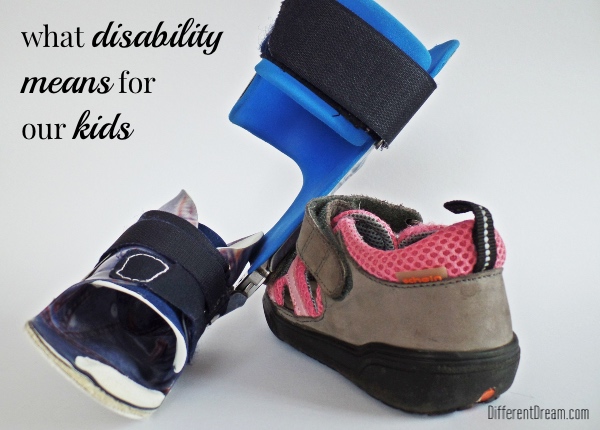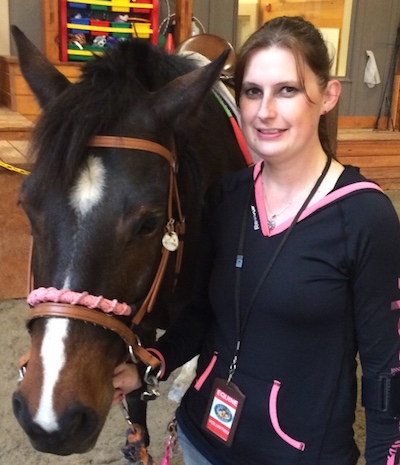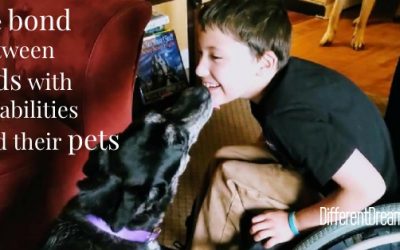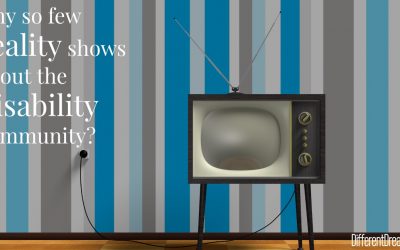What Disability Means for My Warrior Son, Part 1

What disability means for our children with special needs is something our kids wrestle with as they grow. As parents, we must anticipate what our children will face and prepare to support them. In the first post in her two part series, guest blogger Trish Schaeffer describes her son’s disability and what it means. In the second post in the series, she tells how he is more like than different from children without disabilities.
When people see my son Alex, they always has the same questions. What is wrong with him? What does he have? I don’t mind if someone asks me questions about my son, and I’m happy to advocate or offer an explanation. I answer them with “He has cerebral palsy.” Or for small children “His legs don’t work right.”
Alex had a massive stroke in utero and was born two months prematurely, along with his twin brother. The stroke caused a grade 2 and grade 3 brain bleed resulting in brain damage at birth. This is why he has cerebral palsy (CP). Despite low odds, Alex survived with his twin and has grown into a happy kid. He is is vocal and curious about the world and people around him. He has overcome so many of the odds given at birth. He continues to grow, learn, and accomplish goals.
Alex has spastic quad cerebral palsy. This means all of his limbs are affected and become rigid and stiff. He has more use of his arms and hands than of his legs. He also has pain daily, muscle spasms, and joint dislocation issues. Recently, he received a Baclofen Pump which delivers a dose of medication directly to his spine via catheter to help his muscle tone and pain management. He’s had this small pump in his abdomen for a little over 3 years. Along with the pump, Alex has had tendon-lengthening surgery to reduce his pain. It has also helped him bend and gain function in his legs.
People often recognize the term CP, but many don’t understand what it means for my son now and in the future. What disability means for my son is this:
He will always have issues with mobility. He will always use a wheelchair or walker. Disability affects the simplest things such as eating or dressing. He will always be in pain from muscle spasms and weather changes. It means he may have good days and bad days from a physical and mental perspective. Some days are better than others but he will have trouble answering simple questions or doing simple tasks like remembering his address.
Alex has always and will always move to the beat of his own drum. At his own pace. One day at a time. One task at a time as he learns to navigate the world around him. He has learned how to push himself in his wheelchair. Take ramps. He now dresses himself. He is working on transfers and has begun to use a walker to do them. I remember when the doctors gave us overwhelming diagnostic labels and described overwhelming limitations that Alex would have. He proves them wrong to this day. All he needs is patience, love, acceptance, and a bit of cheerleading. He wants to be his own child. His own individual. To reach his goals in his own time.
Do you like what you see at DifferentDream.com? You can receive more great content by subscribing to the monthly Different Dream newsletter and signing up for the daily RSS feed delivered to your email inbox. You can sign up for the first in the pop up box and the second at the bottom of this page.

By Trish Shaeffer
Trish Shaeffer is the mom of 3 active boys with special needs. She’s a peer supporter for Parent to Parent and volunteers with the United Cerebral Palsy Network, Special Olympics, and the United Way. She’s also an equine volunteer at Leg Up Farm. She’s married to her best friend and biggest supporter, Chris Schaeffer.
Subscribe for Updates from Jolene
Related Posts
PANS: Early Diagnosis Is Key
Lisa Pelissier wants parents to hear her child’s story in hopes that other kids with PANS will receive an early diagnosis and good prognosis.
Pets and Kids with Special Needs
Whatever scientist may say, Trish Shaeffer knows that the bond between pets and kids with special needs is real, healing, and unbreakable.
Expectation Versus Reality TV
The disability community is under-represented in television’s landscape. Today’s blogger asks questions about expectation versus reality tv.






0 Comments